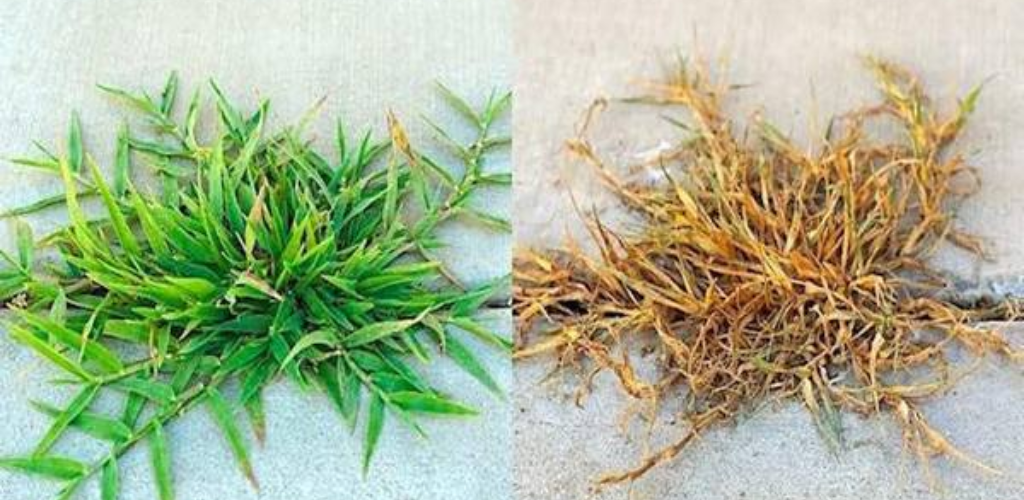7 Effective Weed Killer Recipes that are Very Easy to Make!
Are you tired of hearing about chemical weedkillers? That’s good, we don’t need it with these natural weedkillers! To maintain your garden and rid it of all unwanted plants, there are much less expensive methods, 100% natural and, above all, infinitely less dangerous for our health and our environment!
1 – WHITE VINEGAR

How to do
- Take a spray bottle.
- Fill it with white vinegar.
- Choose a sunny day.
- Spray the vinegar directly on the weeds.
2 – POTATO COOKING WATER
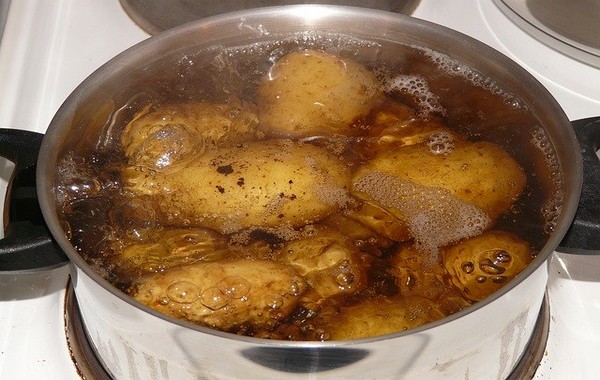
To start, we’re going to give you a good old grandmother’s tip. When you boil potatoes, don’t throw the boiling water down your sink… …because this water is a powerful natural weedkiller! Take out your potatoes and pour the water on the weeds in your walkways. And you will be rid of it! Note that the higher the starch concentration, the more effective the weedkiller will be.
3 – WOOD ASH
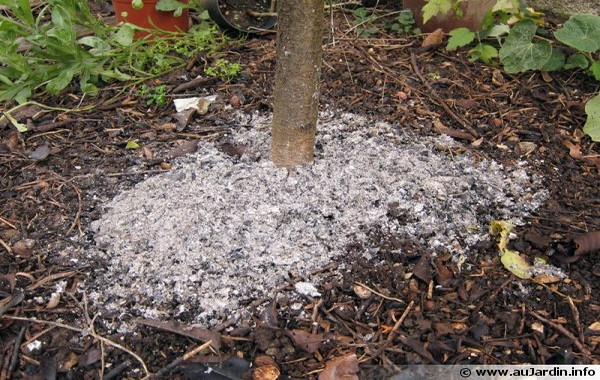
If you have a fireplace and wood ash in winter, remember to keep it, because it is worth gold! Wood ash has lots of uses that no one knows about and what’s more, it has weed-killing properties. Grandma’s tip that will work wonders in your garden is to use a natural weedkiller with wood ash! Please note that this residue has the effect of modifying the pH (Hydrogen Potential) of the soil, which allows lawn moss to be naturally eliminated. So if your lawn is infested with moss, use this substance so that it disappears easily.
4 – BAKING SODA

We should say more precisely sodium bicarbonate. Biodegradable, effective, and easy to apply, since you just need to sprinkle it on the plants, bicarbonate is mainly used on small surfaces, terraces, gaps between paving stones, paths.
To use it, sprinkle the plants to be eliminated with baking soda. Then spray with a sprayer, the young plants will be toasted. Also try diluting 2 tablespoons per liter of water and spraying on the plants to be eliminated.
Very effective on seedlings, bicarbonate has little effect on plants that are already well established.
Use it only occasionally because like all salts, its action on the environment is not neutral.
5 – MULCHING
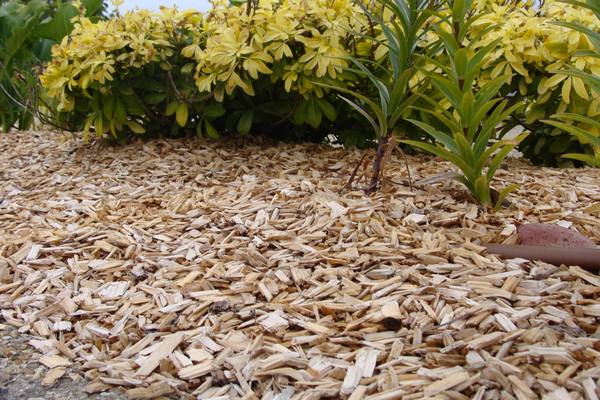
To prevent weeds in your vegetable gardens or flower beds, the mulching technique is effective.
However, the mulch must be applied to leveled ground that has been cleared of weeds beforehand. Mulching limits and stifles the growth of unwanted weeds.
Mulching vegetable and flower plants can be done in different ways:
- Organic mulch: straw, flax, grass cutting waste or torn and dried grass, hemp fibers, etc.
- Mulch with recycled materials: wood chips, terracotta shards, slates, tiles, etc.
6 – ANGELIC’S MURE
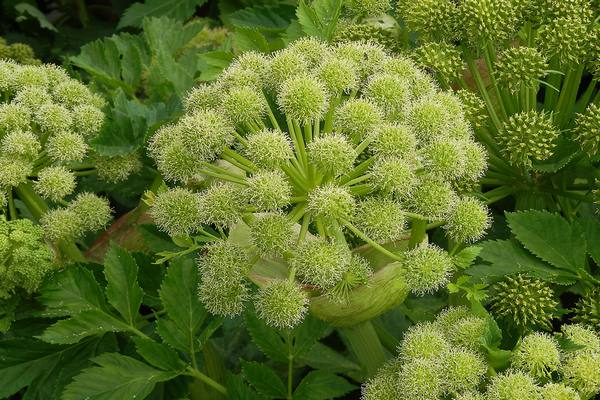
To weed flower beds or the vegetable garden, you can use angelica manure. It is easy to prepare and economical. To prepare it, you need 1 kg of angelica leaves and 10 L of water. Roughly chop the leaves and let them macerate in the sun in 10 L of water until no more bubbles form in the liquid (allow 10 days). Strain and pour over your weeds. When they are dry, you can remove them by hand.
7 – BASIL ESSENTIAL OIL
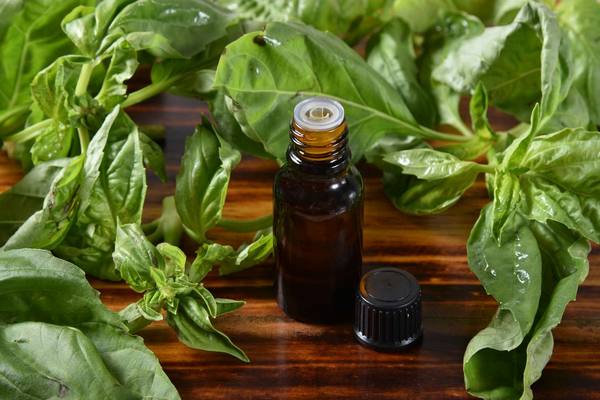
In addition to being an organic and effective weedkiller, basil essential oil is an excellent natural insecticide! Just put a few drops in your watering can and water the weeds. Add organic liquid black soap for more effectiveness.
